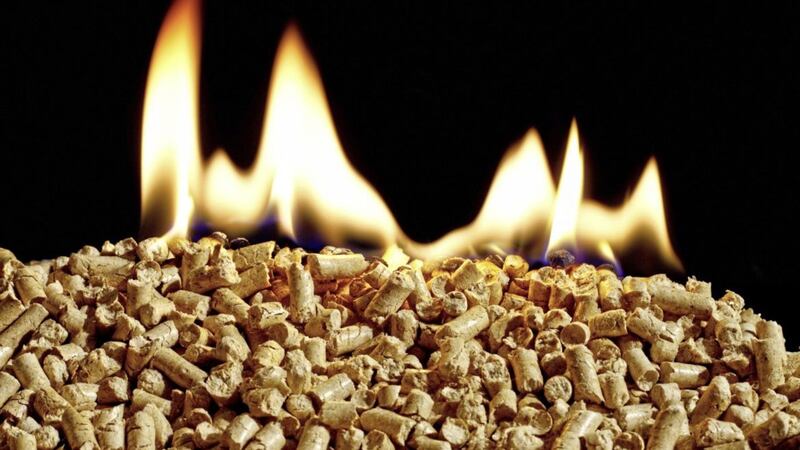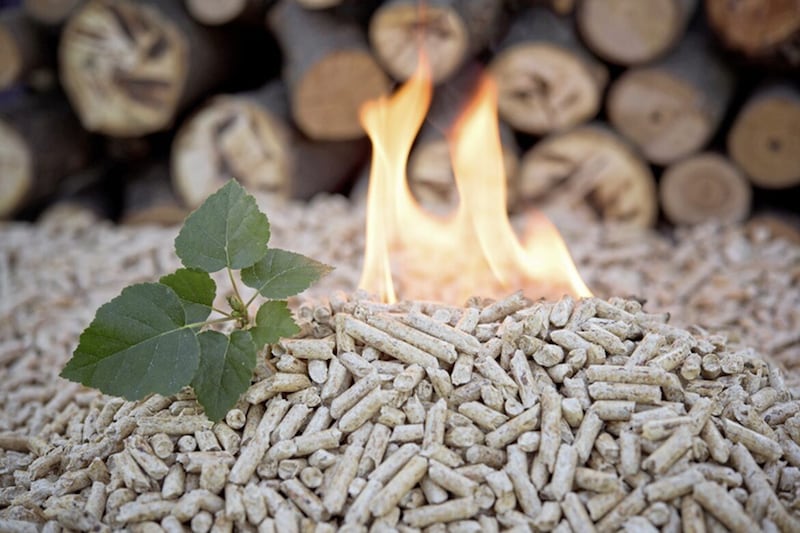THE controversial non-domestic Renewable Heat Incentive (RHI) will be retained with reduced payments to claimants, according to Sinn Féin.
The Department for the Economy (DfE) is expected to make an announcement on the future of the scheme following a consultation carried out last year.
The RHI has been the subject of a public inquiry which is expected to publish its report in the coming weeks.
Among the options put forward for the future of the scheme, which has a temporary subsidy cap in place until the end of March, was a one-off payment to claimants ahead of its closure.
The non-domestic RHI was introduced in 2012 under then enterprise minister Arlene Foster. However, its generous subsidies were curbed in the autumn of 2015 amid fears that it was going massively over budget.
The scheme, which proved especially popular among poultry farmers supplying Moy Park, was closed down completely the following February.
DfE declined to comment on its plans for the scheme but Sinn Féin's Conor Murphy repeated his call for it to be "shut down completely".
"Even with reduced tariffs, the RHI scheme is comprehensively and irretrievably flawed and spending more public money on it is unjustifiable," he said.
"It is at best ineffective and at worse counter-productive in doing what it was supposedly established to do - reduce carbon output."
The Newry and Armagh MLA said the RHI scheme was contained many flaws, including a more lucrative subsidy for smaller, less energy-efficient boilers.
"These flaws remain - RHI should be shut down completely and investment redirected towards building our renewable energy capacity to reduce carbon emissions and tackle climate change," he said.
A Sinn Féin source told The Irish News that DfE planned to retain the scheme but with reduced tariffs.








